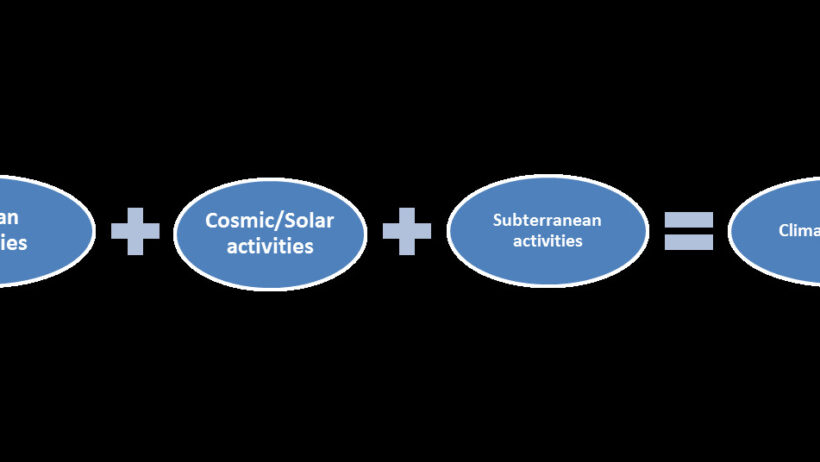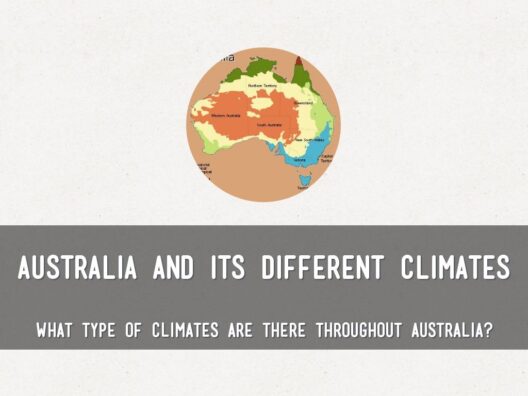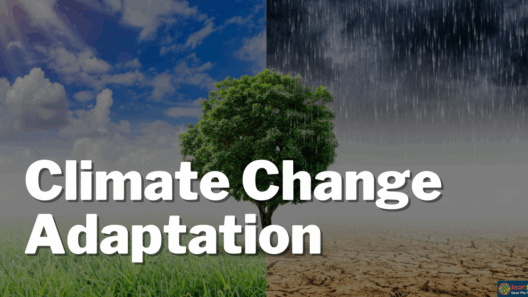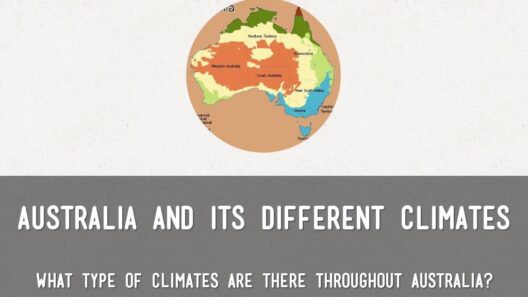Climate change poses one of the most significant threats to our planet, impacting biodiversity, weather patterns, and human health. Every individual has a role to play in mitigating its effects. Below are various actionable ways to contribute meaningfully to climate action, each surrounded by a comprehensive exploration of the strategies that can drive real change.
Throughout this article, readers can anticipate a rich tapestry of information interwoven with practical tips that can be easily integrated into everyday life. Not only will we examine individual choices, but we will also highlight community involvement and advocacy.
Engaging in Climate-Conscious Consumerism
One subtle yet powerful way to combat climate change is through conscious consumerism. This approach entails making informed decisions when purchasing various products, from food to clothing.
Support Sustainable Brands
Opting to purchase from brands that prioritize sustainability over profit maximization is paramount. Research companies that utilize eco-friendly materials, adopt fair labor practices, and have transparent supply chains. Your purchasing power can influence the market—every dollar spent on sustainable goods sends a signal that there is a demand for eco-conscious products.
Reducing Food Waste
Another integral aspect of sustainable consumption is minimizing food waste. Globally, a staggering one-third of all food produced is wasted. This waste not only contributes to greenhouse gas emissions when decomposed in landfills but also squanders the resources invested in food production.
Implementing smart shopping strategies, such as meal planning and buying only what you can consume, significantly reduces waste. Composting is also an effective method to divert organic waste from landfills, allowing it to decompose naturally and enrich soil rather than release harmful gases into the atmosphere.
Adopting a Plant-Based Diet
A shift towards a plant-based diet can significantly reduce your carbon footprint. Animal agriculture is one of the largest contributors to greenhouse gas emissions, with methane released from livestock being particularly potent. Embracing a diet rich in fruits, vegetables, legumes, and grains not only promotes personal health but also alleviates strain on the environment.
Utilizing Alternative Energy Sources
Transitioning to alternative and renewable energy sources is another impactful way to contribute to climate action. This can be accomplished on both an individual and community level.
Switching to Renewable Energy
Many utility companies offer options for customers to choose renewable sources of energy, such as solar, wind, or hydroelectric power. By selecting these alternatives, consumers can support the shift from fossil fuels to sustainable energy sources, thereby reducing their carbon emissions.
Installing Solar Panels
For those who can invest in their own energy solutions, solar panels present a compelling opportunity. Home installations can significantly decrease reliance on nonrenewable energy sources and may result in long-term financial savings. Furthermore, surplus energy produced can often be sold back to the grid, enhancing community sustainability.
Enhancing Energy Efficiency
Improving energy efficiency in homes is a practical step that yields both environmental and economic benefits. Simple measures, such as using energy-efficient appliances and LED lighting, can dramatically decrease energy consumption. Additionally, proper insulation can reduce heating and cooling demands, further minimizing energy use.
Advocating for Systemic Change
Individual actions are essential, but systemic change is imperative for addressing the vast challenges posed by climate change. Engaging in advocacy can amplify your voice, connecting with like-minded individuals to enact significant changes within your community and beyond.
Participating in Local Activism
Joining local environmental organizations or initiatives can bolster efforts toward climate action. Participation in community cleanups, tree-planting events, or educational workshops fosters a culture of sustainability and awareness. Such groups often work on policy advocacy, urging local and national government officials to prioritize environmental legislation.
Engaging in Political Advocacy
Your vote matters. Supporting candidates who prioritize climate policies in their platforms ensures a collective effort towards legislative changes for sustainability. Engage with elected officials, expressing your support for initiatives that combat climate change—your voice can influence policy direction.
Educating Others
One of the most powerful tools in the climate activist’s arsenal is education. Share knowledge within your community about climate issues, sustainable practices, and the importance of collective action. Hosting workshops, writing articles, or leading discussions can inspire others to join the movement, multiplying the impact of individual actions.
Transitioning to a Sustainable Lifestyle
Adopting a holistic approach to a sustainable lifestyle extends beyond individual choices to encapsulate values and ethics.
Embracing Minimalism
Minimalism encourages living with less, prioritizing experiences over possessions. This philosophy not only leads to a simplified life but also diminishes the consumption of resources, ultimately reducing waste and environmental impact. By choosing quality over quantity, minimalists contribute to a less resource-intensive lifestyle.
Creating Sustainable Habits
Building sustainable habits is essential for long-lasting climate action. Small, daily choices—such as using reusable bags, biking or walking instead of driving, and conserving water—accumulate to create a significant cumulative effect. Forming these habits fosters a deeper connection with the environment and motivates others to follow suit.
Conclusion
Taking action against climate change is a multifaceted endeavor that requires individual commitment and systemic transformation. From mindful consumption to engaging in activism, every effort counts in the fight to restore our planet’s health. By implementing these various strategies, individuals can contribute creatively and effectively to a sustainable future for generations to come.







